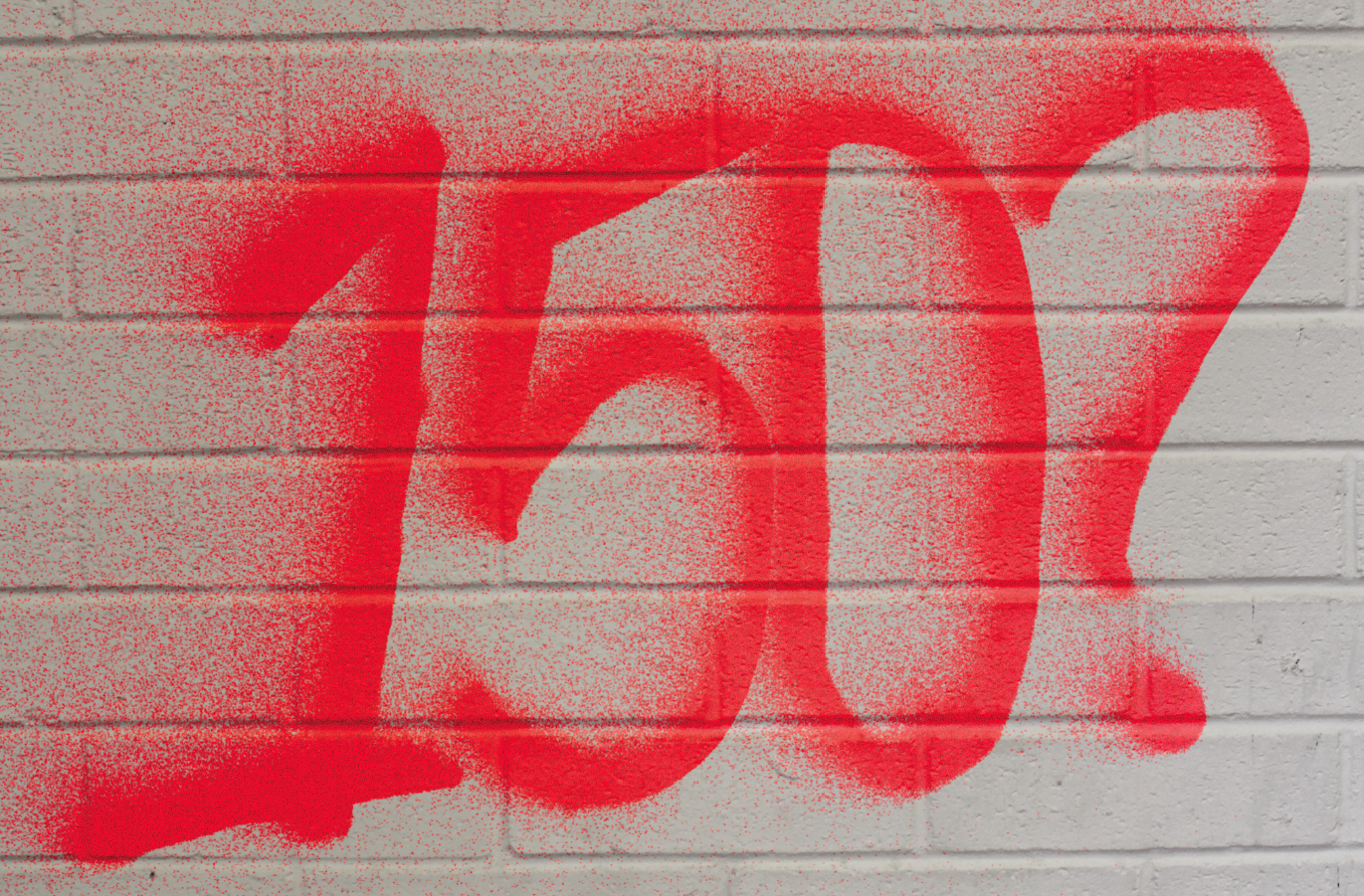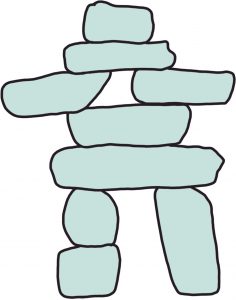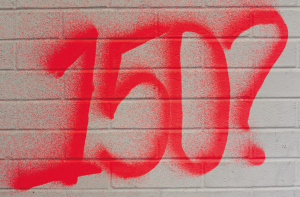Celebrating Canada’s 150 from an Indigenous perspective

This year, Canada is going full throttle to celebrate its 150th birthday.
On July 1, 1867, Ontario, Quebec, New Brunswick and Nova Scotia entered into Confederation, which is why Canada’s anniversary is celebrated annually on July 1.
To commemorate the milestone, the federal and provincial governments have implemented various signature initiative and grant programs in order to invest in a number of projects, infrastructure and programs.
 Striving to provide all Canadians with meaningful experiences for the 150th anniversary, the government has also decided to bring forth various initiatives and tourist opportunities across Canada.
Striving to provide all Canadians with meaningful experiences for the 150th anniversary, the government has also decided to bring forth various initiatives and tourist opportunities across Canada.
For example, there will be no admission fees at all national parks across Canada. And of course, one of the more well-known attractions is the 30,000-pound rubber duck which will be making an appearance at Toronto’s waterfront on this upcoming Canada Day.
Within the provincial government’s Ontario150 grant program, five recipients throughout Kitchener-Waterloo were successful in receiving funding. The recipients include the Multi-Cultural Theatre Space Inc., the Coalition of Muslim Women of KW, Neruda Arts, the Homer Watson House and Gallery and the recipient of the community capital program funding was KW Counselling Services.
“The programs and projects selected are those that help to tell the story of who we are and will leave a lasting legacy for the people in our community and right across Ontario,” said Daiene Vernile, MPP for Kitchener-Centre.
Within the federal government, the Canada 150 Community Infrastructure Program will provide $300-million in national program support. In Southern Ontario, the federal government has spent approximately $88-million in the past few years.
“This is something that’s extremely important to the government because it develops on four themes which we have decided to pronounce,” said Raj Saini, MP for Kitchener-Centre.
The four themes which the federal government has chosen to focus on – in order to celebrate 150 years in a meaningful manner – include diversity and inclusiveness, the environment, young people and reconciliation with Indigenous people.
Through these four thematic principles, the funding aims to support projects, renovate cultural space, parks and museums that highlight Canadian culture.
“What we’re trying to do is to build on the fact that we have this very unique opportunity … to focus in on those issues that are important to us, but also to highlight how far we’ve come as a country, the challenges we have faced and the wrongs that happened in our history,” Saini said.
The celebration of 150 years, however, brings forth a critical concern shared by numerous Indigenous peoples in regards to how inclusive the celebration may be.
“I think that the fact that it’s a defective celebration, even the words that are being used, make it exclusive,” Lianne Leddy, assistant professor of Indigenous Studies at Wilfrid Laurier University, said. “The fact that we’re meant to celebrate 150 years of Confederation is something that automatically excludes, from my perspective, what confederation means,”
“150 years is a small blip on the radar in terms of how long we’ve been here. I think just saying that it’s 150 years erases, then, the millennia before that when we were here – we had our governance system, we worked with the land – and to just call it 150 years is inappropriate,” Leddy said.

A main concern, explained Leddy, is that Canada’s 150th anniversary of Confederation also coincides with the anniversary of the Indian Act, which was created in 1876, only 10 years after Canada entered Confederation.
“It’s widely agreed that the Indian Act is an oppressive piece of legislation that has led to a great deal of harm over the past 150 years. It remains in place and it’s not a cause for celebration,” Jean Becker, senior advisor for Aboriginal Initiatives, said.
Additionally, Becker explained that something important to her is the rights of Indigenous children, and ensuring that they receive the same care that other children in Canada receive.
“I think that that $300-million would have gone a long way towards addressing that concern and making sure that children[s] services are in place. I’m not 100 per cent sure that Indigenous children are as important as celebrating this milestone,” Becker said.
Saini, however, iterated that including and reconciling with Indigenous Peoples is both a focus and a piece of the framework for the federal government throughout this celebratory year.
“Canada is well-known in the world for its multi-cultural, pluralistic, inclusive society. We also have to face the fact that there were wrongs made against the Indigenous people in this country. We have to come to terms with that and we have to reflect in a much more mature, profound way,” Saini said.
“This is an opportunity for each one of us to focus on the question of reconciliation with our Indigenous peoples, Métis and Inuit people. This is a very important time in our history to do that. And what better time then the 150th celebration to do that.”
Saini also explained that the anniversary has brought forth and initiated important conversations involving the process of reconciliation.
“The process will be long, it will be hard, it will be challenging; but more importantly, it’s something that’s necessary and it’s the right thing to do,” Saini said.
“This is a time to reflect. And we’re not going to shy away, we’re not going to bury our past history. We’re going to be honest, truthful and reflective about what wrongs have been done in the past,” Saini said.
Indeed, celebrating Canada’s 150th anniversary is an important time to reflect and think about what it means to be a Canadian.
“We have so much to celebrate here. I love Canada Day … because all you have to do is reflect on what it means to be Canadian – the things that we value: peace, prosperity, we have a great economy, we have health care, we have an excellent education system,” Vernile said.
“These are all things that we cannot take for granted, so if we can take one day to reflect on that it’s going to make us better Ontarians and Canadians.”
For Becker, she hopes to be able to reflect on the success of the anniversary and on whether or not the government has been able to reconcile and make the changes that they’ve expressed a concern for.
“We’re trying to make change, but the change hasn’t been made yet,” Becker said.
“I [hope to] evaluate the success of the 150th – did it contribute to reconciliation? Was there meaningful progress made in addressing some of these critical issues that still are very troubling to Indigenous communities?”


